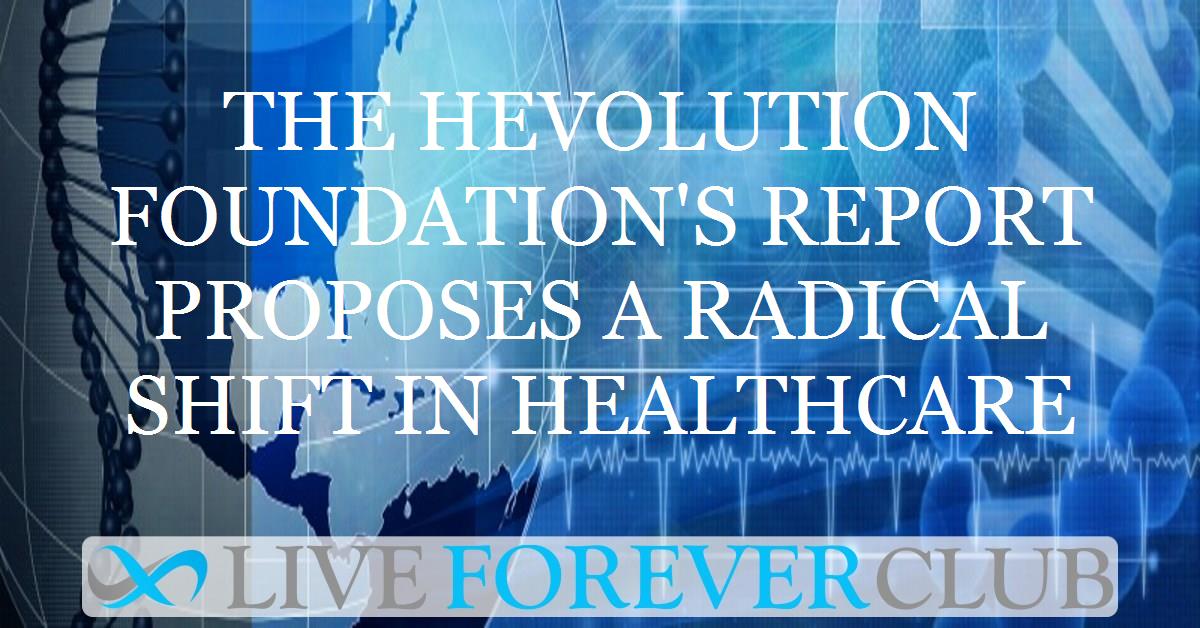The world is witnessing a paradox where people live longer but in poorer health. The Hevolution Foundation's Global Healthspan Report addresses this, proposing a shift in healthcare focus from lifespan to healthspan – ensuring not just more years, but healthier years.
The Evolution of Healthspan Science
In the realm of healthspan science, remarkable advancements are unfolding. This includes:
AI in Medicine: Artificial Intelligence (AI) is being leveraged to analyze complex health data and accelerate drug development. It helps in predicting health risks and personalizing treatments.
Stem Cell Research: This involves using stem cells to repair or replace damaged tissues and organs. Stem cell therapy holds potential in treating age-related diseases by regenerating healthy cells.
Senolytic Therapies: These are treatments targeting senescent cells – cells that have stopped dividing and contribute to ageing and age-related diseases. Senolytic drugs aim to selectively clear these cells, potentially reversing or slowing ageing processes.
Each of these areas represents a cutting-edge approach to extending the healthspan, the period of life spent in good health, as opposed to simply extending lifespan, the total years lived. The integration of these technologies and therapies offers a comprehensive strategy to combat the challenges of ageing and improve overall quality of life.
Implications and Global Perspective
In developed countries, where ageing populations are more prevalent, this shift could lead to a reevaluation of healthcare systems. It means prioritizing preventive care and chronic disease management over acute care, addressing age-related diseases more effectively, and potentially reducing long-term healthcare costs. This approach could also impact how healthcare is funded and delivered, calling for more investment in technologies and treatments that extend healthspan.
For emerging economies, the implications are equally significant. These regions can leverage the latest research and technologies in healthspan extension to leapfrog traditional healthcare development paths. This could result in a more sustainable and effective healthcare system, better suited to the unique demographic and economic challenges these countries face.
The global perspective also encompasses the ethical, social, and legal implications of extending healthspan. Issues such as equitable access to advanced healthcare technologies, the ethical considerations of life-extending treatments, and the social impact of a significantly older global population need to be addressed. Policies and regulations will need to evolve to support these changes, ensuring that the benefits of healthspan extension are accessible to all, regardless of socio-economic status.
In terms of economic implications, the report's findings could influence global markets and investment strategies. The focus on healthspan extension might drive investment in biotech and healthcare sectors, promoting innovation and research in longevity and ageing-related treatments. This shift could create new markets and job opportunities, contributing to economic growth.
Moreover, a global effort to extend healthspan aligns with several United Nations Sustainable Development Goals (SDGs), particularly those related to health, well-being, and sustainable communities. It highlights the need for international collaboration in healthcare research, policy-making, and resource allocation.
The report provides crucial statistics that highlight the significant implications of its findings on a global scale. Key statistics include:
- The significant investment made by Hevolution Foundation in global healthspan research, amounting to over $200 million.
- The anticipation among health professionals that nearly two-thirds (63%) believe health systems will face financial viability challenges by 2030 without breakthroughs in healthy longevity science.
- A compelling business case for healthspan-related investments, with 97% of financial professionals seeing greater returns compared to traditional healthcare investments.
These statistics underscore the urgent need for innovation and investment in healthspan science to address the challenges of ageing populations and the sustainability of healthcare systems worldwide.
Investing in the Future of Health
The pursuit of extending healthspan – the period of life spent in good health – is not just a medical endeavor but a burgeoning economic opportunity. Financial professionals are increasingly recognizing the potential in investments geared towards healthspan enhancement, viewing it as a sector ripe for growth and innovation.
One of the most promising areas is the repurposing of existing drugs for new, age-related applications. This strategy is cost-effective and time-efficient, as these drugs have already passed through many regulatory hurdles. The financial allure lies in the lower risk and faster track to market, compared to developing new drugs from scratch.
On the horizon are novel therapies that target the biological processes of ageing. These include treatments for cellular rejuvenation, genetic therapies, and more. Financial investment in these areas is driven by the potential for groundbreaking treatments that could redefine ageing and chronic disease management.
The economic opportunities in the healthspan sector are vast. With ageing populations globally, there is a growing market for treatments that can not only extend life but improve the quality of those extra years. This includes not just pharmaceuticals, but also advancements in medical technology, wellness products, and services geared towards an ageing demographic.
However, capitalizing on these opportunities isn't without challenges. Regulatory frameworks currently are not fully adapted to the unique aspects of treatments targeting the ageing process. There's a need for regulatory reform to create pathways that recognize the specific needs and potential of healthspan-extending treatments.
Additionally, investment reforms are necessary to support this burgeoning field. This includes incentivizing private investments, providing public funding for research, and creating financial instruments tailored to the long-term nature of returns in healthspan research.
Investing in healthspan is not just about creating new revenue streams; it's also about shifting healthcare economics from treatment to prevention. By focusing on extending healthspan, healthcare costs associated with chronic age-related diseases could be significantly reduced, resulting in long-term economic benefits.
The future of healthspan investments is promising, with potential for significant returns, both in financial and societal terms. It represents a shift in how we view healthcare investment – from focusing solely on treatment to embracing the broader concept of wellness and prevention.
A Call for Collaborative Action
The report concludes with a call for global collaboration and innovative thinking in healthcare, emphasizing the need for an integrated approach involving technology, policy, and investment to extend healthspan for all.
Credits
This report is a collaborative effort of the Hevolution Foundation, partnering with leading global scientific institutions and experts in the field. The findings are published in the Global Healthspan Report and were presented at the Global Healthspan Summit in Riyadh.






